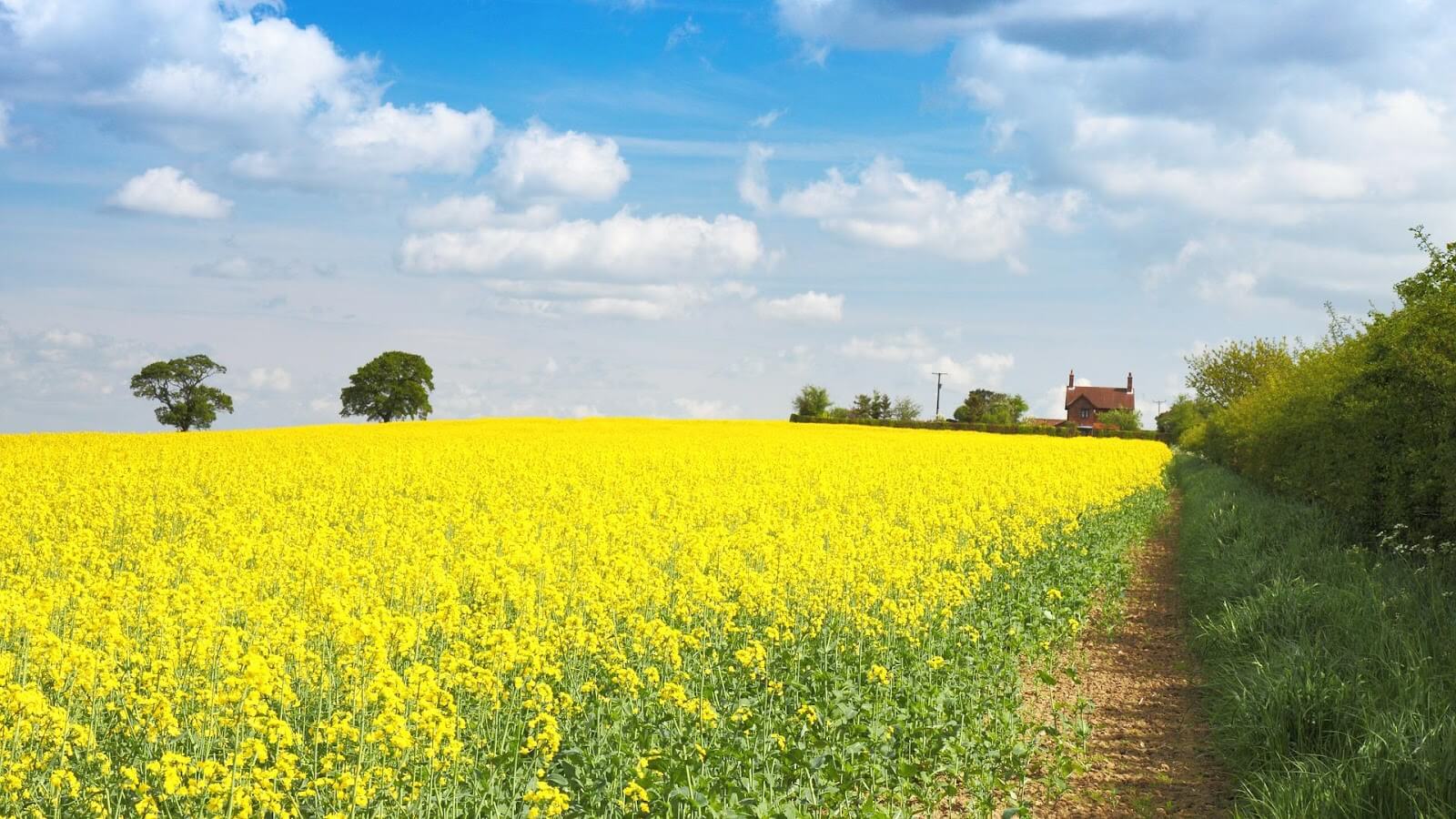While the use of synthetic pesticides in agriculture has helped to increase food production, this has occurred at great cost to the environment, natural resources, and human health. The 2017 United Nations (UN) report of the Special Rapporteur on the Right to Food highlights the adverse impact of pesticide use on human rights, human health (workers, their families, bystanders, residents, and consumers), and the environment. The report also reveals that intensive agriculture based on pesticide use has not contributed to reducing world hunger. Additionally, not only do the use of herbicides and pesticides have many negative impacts, but they are also increasingly failing to work due to evolved resistance, i.e., weeds evolve mechanisms that make them resistant to regularly-used herbicides, such that the herbicides no longer kill the weeds.
Several new European Union (EU) policies demand an urgent reduction of pesticide use in Europe. Glyphosate is by far the most widely used active ingredient of herbicides in Europe. In the EU Green Deal announced in June 2022, “the European Commission adopted a proposal to restore damaged ecosystems and restore Europe’s nature from agricultural land and seas to forests and urban environments, by 2050. As a part of this, the Commission proposes to reduce the use and risk of chemical pesticides, as well as the use of the more hazardous pesticides, by 50% by 2030.” The EU Biodiversity and Farm To Fork strategies had earlier specified the two pesticide reduction targets in May 2020. However, at the current rate of use of herbicides, the EU pesticide reduction targets cannot be fulfilled.
That is why we need alternatives to the current use of herbicides and particularly the most used, glyphosate.

